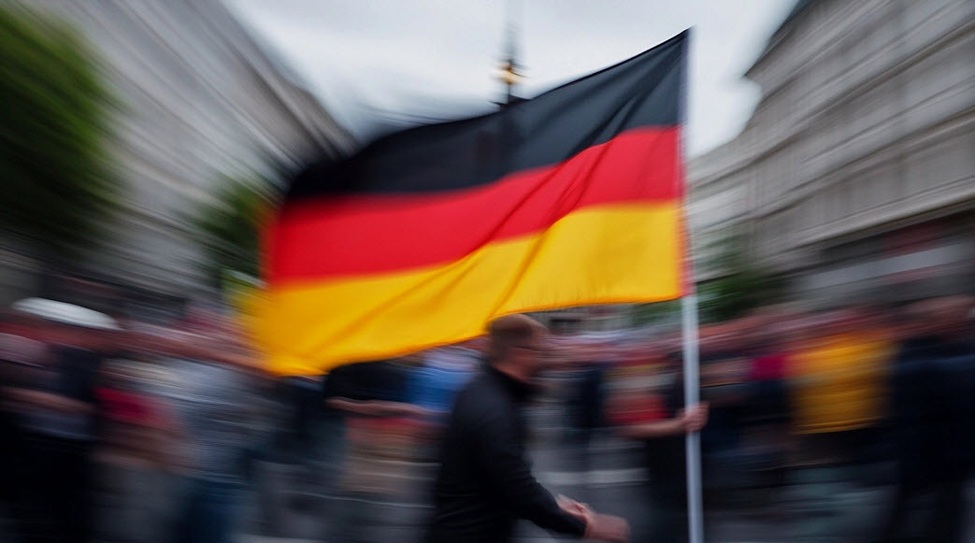An early-week note from ING on the German election outcome highlights “Complicated coalition negotiations ahead.” ING concludes that fiscal policy will be shaped by trade-offs between tax relief, investment flexibility, and spending discipline, with markets closely watching whether economic stagnation will be addressed or political fragmentation will lead to policy paralysis.
Here’s a summarized look at the coalition scenarios and their economic implications:
As Germany navigates coalition negotiations, the economic trajectory will depend on whether political leaders prioritize growth over party interests. A tighter stance on immigration seems more likely than consensus on economic policy, as mainstream parties aim to prevent the far-right AfD from gaining ground.
CDU/CSU & SPD: The Grand Coalition Redux
A revival of the grand coalition would likely focus on tax relief for households and businesses without trimming social spending. While a direct overhaul of Germany’s debt brake remains unlikely, a special-purpose vehicle (SPV) for infrastructure and defense funding appears feasible. This coalition could signal greater European cooperation in financing major projects.
CDU/CSU, SPD & Greens: Fragile but Europe-Friendly
A three-party alliance with the Greens would be politically volatile and unlikely to last a full term. Fiscal policies would mirror the grand coalition, with tax cuts and deregulation, while an SPV for infrastructure and defense spending remains possible. However, deep divisions over energy policy could sustain high energy costs, impacting industrial competitiveness. This coalition could strengthen joint EU funding for defense and infrastructure, albeit with delays.
CDU/CSU, SPD & FDP: Fiscal Restraint Takes Center Stage
A coalition with the business-friendly FDP would deliver tax relief but introduce a sharper focus on spending cuts. The FDP’s influence would likely limit investment initiatives, reducing fiscal flexibility. FDP leader Christian Lindner has signaled openness to special-purpose vehicles, primarily for defense rather than infrastructure. In a European context, this coalition would likely mark a return to German fiscal conservatism, tightening the lid on EU-wide spending initiatives.
— news from ForexLive
